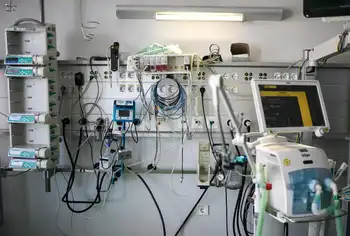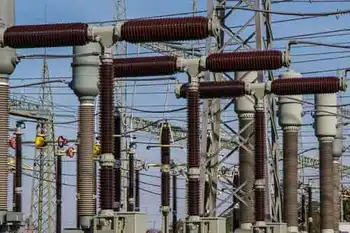Minnesota Signs Deal With Manitoba Hydro
WINNIPEG -- - The Minnesota Public Utilities Commission has unanimously approved a $1.7 billion power export deal with Manitoba Hydro.
It allows Minneapolis-based Xcel Energy to import power from Manitoba Hydro, despite the objections of aboriginal groups.
The 500-megawatt, 10-year deal was given the go-ahead.
It's an extension of an existing deal and will allow power to be exported until 2015.
Approval by Canada's National Energy Board is pending.
The Minnesota decision is a blow to the Pimicikamak Cree Nation of Cross Lake, Manitoba. They had asked the commission to first call a formal hearing into the social and economic impact of historic hydro development on their homeland.
Related News

Beating Covid Is All About Electricity
NEW YORK - Hospital Electricity Reliability underpins ICU operations, ventilators, medical devices, and diagnostics, reducing power outages risks via grid power and backup generators, while energy poverty and blackouts magnify COVID-19 mortality in vulnerable regions.
Key Points
Hospital electricity reliability is steady power that keeps ICU care, ventilators and medical devices operating.
✅ ICU loads: ventilators, monitors, infusion pumps, diagnostics
✅ Grid power plus backup generators minimize outage risk
✅ Energy poverty increases COVID-19 mortality and infection
Robert Bryce, Contributor
During her three-year career as a registered nurse, my friend, C., has cared for tuberculosis patients as well as…




